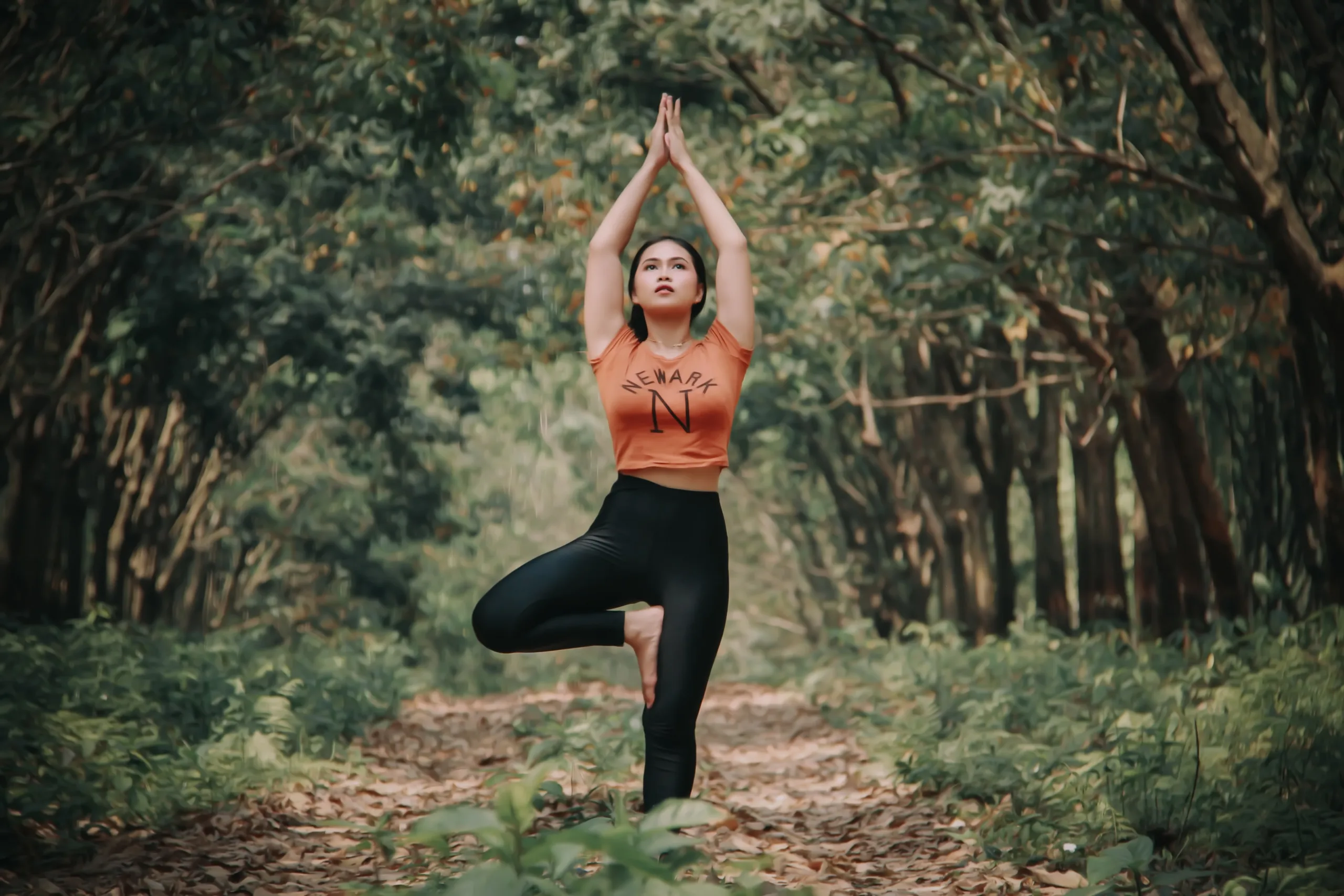Yaha Yoga: Discovering Balance and Serenity in Your Practice
Introduction
In the ever-evolving landscape of yoga practices, Yaha Yoga has emerged as a transformative approach that goes beyond the physical asanas. With its emphasis on inner awareness, mindfulness, and spiritual connection, Yaha Yoga offers a path to balance, serenity, and self-discovery. In this article, we will delve into the essence of Yaha Yoga, explore its principles and benefits, and provide guidance on how to incorporate this enriching practice into your life.
Click here for more
What is Yaha Yoga?
Yaha Yoga, rooted in ancient yogic traditions, combines physical postures, breathwork, meditation, and self-inquiry to cultivate harmony and well-being. The term “Yaha” comes from the Sanskrit word “yahaḥ,” meaning “union” or “to join.” Yaha Yoga focuses on the integration of body, mind, and spirit, facilitating a deeper understanding of oneself and the interconnectedness of all things.
The Principles of Yaha Yoga
1. Mindful Awareness
Yaha Yoga encourages mindful awareness as a fundamental principle. By cultivating present-moment awareness, practitioners can fully experience each breath, movement, and sensation. This heightened awareness extends beyond the yoga mat, creating space for conscious living and embracing the richness of everyday experiences.
2. Breathwork and Pranayama
Pranayama, the practice of controlling and expanding the breath, holds a central role in Yaha Yoga. Conscious breathing techniques enhance vitality, clear stagnant energy, and calm the mind. Pranayama practices, such as Nadi Shodhana (alternate nostril breathing) and Kapalabhati (skull-shining breath), harmonize the flow of prana (life force) throughout the body, promoting balance and well-being.
3. Self-Inquiry and Introspection
Yaha Yoga invites practitioners to embark on a journey of self-inquiry and introspection. By turning inward, one can explore the depths of their being, uncover limiting beliefs, and cultivate self-acceptance and compassion. Through self-reflection and introspective practices like journaling and meditation, individuals gain clarity, insight, and a deeper connection to their true essence.
4. Mind-Body-Spirit Integration
Yaha Yoga recognizes the interconnection between the mind, body, and spirit. Through the practice of asanas (physical postures), pranayama, and meditation, practitioners cultivate harmony and balance among these aspects of their being. The integration of mind, body, and spirit fosters a holistic approach to wellness and supports overall health and vitality.
Benefits of Yaha Yoga
The practice of Yaha Yoga offers a multitude of benefits that extend beyond physical fitness. Here are some of the notable advantages:
1. Stress Reduction and Emotional Well-being
Yaha Yoga provides a sanctuary for the mind and a refuge from the stresses of daily life. Through mindful movement, breathwork, and meditation, practitioners cultivate inner calm, reduce stress, and improve emotional well-being. Regular Yaha Yoga practice can promote relaxation, enhance mood, and foster a greater sense of inner peace and contentment.
2. Physical Strength and Flexibility
The asanas practiced in Yaha Yoga contribute to physical strength, flexibility, and balance. Through regular practice, muscles become toned, joints become more supple, and overall physical performance improves. Yaha Yoga also supports proper alignment, reducing the risk of injuries and promoting a healthy posture.
3. Mental Clarity and Focus
The mindful awareness and meditative aspects of Yaha Yoga enhance mental clarity and focus. By quieting the mind and cultivating present-moment awareness, practitioners develop a greater ability to concentrate, make decisions with clarity, and navigate challenges with equanimity.
4. Enhanced Spiritual Connection
Yaha Yoga provides a pathway for individuals to deepen their spiritual connection. Through self-inquiry, introspection, and the exploration of ancient yogic wisdom, practitioners tap into their inner wisdom and connect with something greater than themselves. This spiritual aspect of Yaha Yoga can bring a profound sense of meaning, purpose, and fulfillment to one’s life.
FAQs (Frequently Asked Questions)
Q: Is Yaha Yoga suitable for beginners?
A: Yes, Yaha Yoga is suitable for practitioners of all levels, including beginners. The practice can be adapted to individual needs and abilities, allowing for a gradual progression and exploration of the practice.
Q: How often should I practice Yaha Yoga?
A: The frequency of Yaha Yoga practice can vary depending on individual preferences and schedules. Starting with a few sessions per week and gradually increasing the frequency can be a good approach. Consistency and regularity in practice are key to experiencing the benefits of Yaha Yoga.
Q: Can Yaha Yoga be practiced at home?
A: Yes, Yaha Yoga can be practiced at home. All you need is a quiet space, a yoga mat, and a willingness to connect with yourself. Online resources, videos, and guided Yaha Yoga classes can provide guidance and support for home practice.
Q: Are there any specific props required for Yaha Yoga?
A: Yaha Yoga can be practiced with minimal props. A yoga mat, blocks, straps, and bolsters can be helpful for certain postures and modifications, but they are not essential. The practice can be adapted to the resources available to you.
Q: Can Yaha Yoga help with anxiety and stress?
A: Yes, Yaha Yoga can be beneficial for managing anxiety and stress. The combination of mindful movement, breathwork, and meditation promotes relaxation, calms the nervous system, and cultivates a greater sense of inner peace and well-being.
Conclusion
Yaha Yoga offers a transformative journey of self-discovery, balance, and serenity. With its emphasis on mindful awareness, breathwork, self-inquiry, and integration of mind, body, and spirit, Yaha Yoga provides a holistic approach to well-being. By incorporating Yaha Yoga into your life, you can experience the profound benefits of this ancient practice, nurturing harmony, and uncovering the boundless potential within.
External Links:
